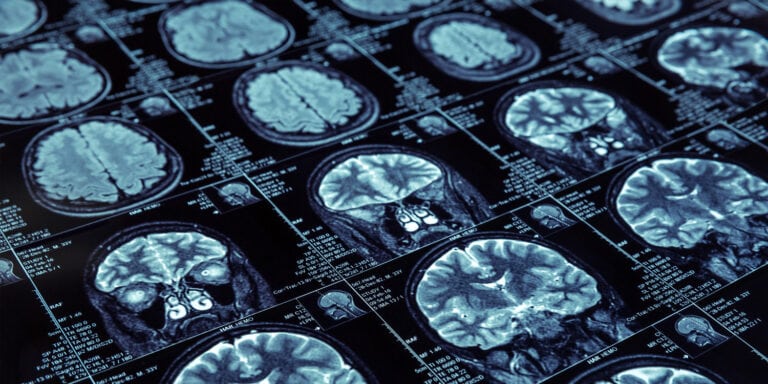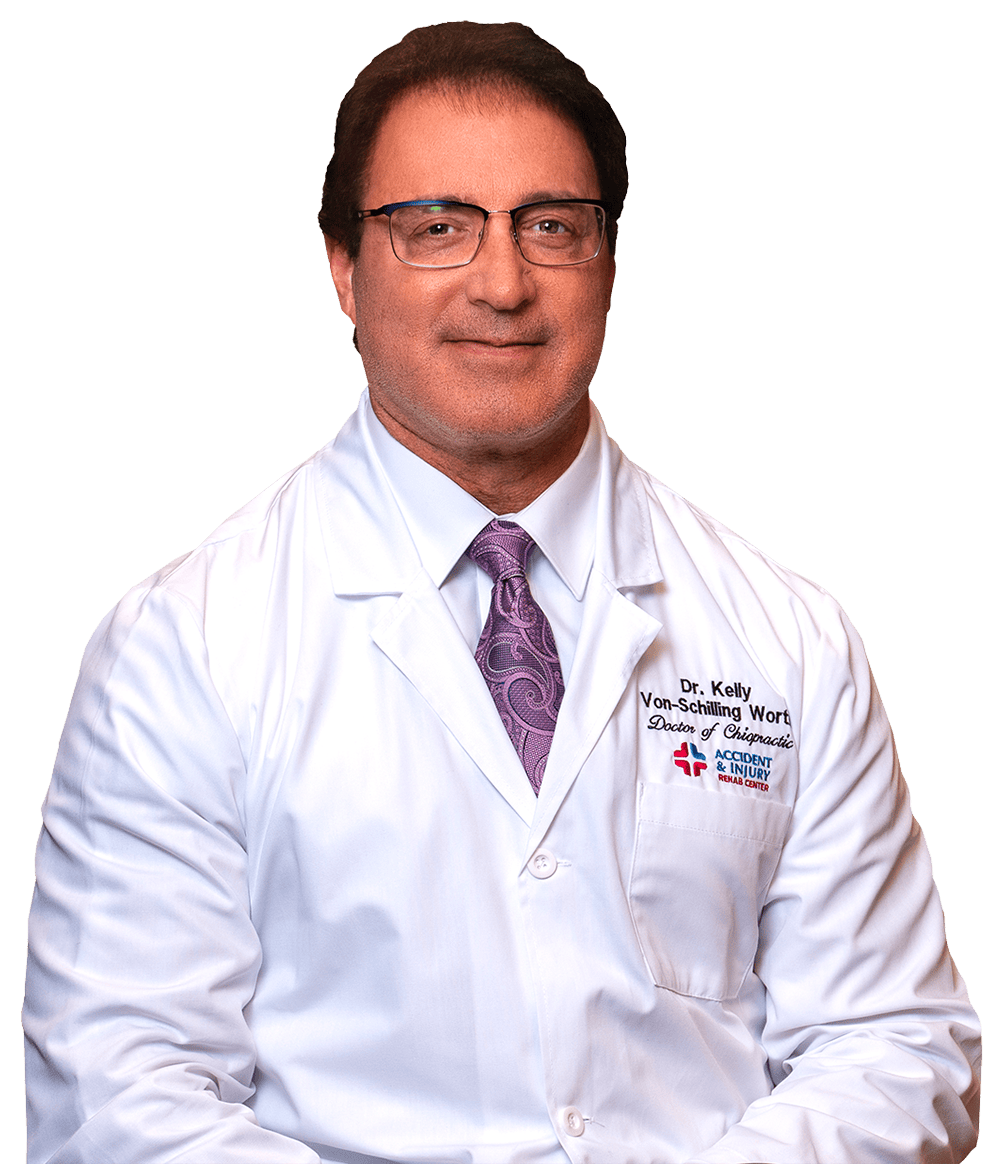Head injuries are a type of trauma that can result from many different causes, including workplace accidents. The consequences of a head injury can range from mild concussions to more severe traumatic brain injuries. When a worker experiences a blow to the head, it's important to recognize the signs and symptoms early on and seek immediate medical attention.
Head trauma is one of the most severe types of workplace injuries. Due to the dangerous health effects of brain damage, a head injury may be life-altering or even life-threatening. Unfortunately, head injuries are often dismissed in the workplace, putting the injured worker at risk of severe health complications and permanent damage. When a work-related head injury happens, awareness of the signs and symptoms of head injuries can help promote recovery and even save a life.

Most importantly, the care a victim receives after it happens is crucial. Head injuries suffered at work are especially difficult to navigate, as the victim likely has to balance healing with slowly returning to their usual routines. It takes time for brain function to be restored after a head injury, and in the meantime, the last thing on a victim’s mind should be their workers’ compensation case. Leave that to the workers’ compensation specialists at the Spine and Joint Institute of Milwaukee.
At Spine and Joint Institute of Milwaukee, our skilled medical professionals are also well-versed in the workers’ compensation claims process and properly document medical records and evidence for the victim’s claim. We provide specialized care for work-related head injuries while helping victims’ workers’ compensation lawyers build the strongest possible case, at the same time.

Concussions are the most common type of traumatic brain injury and can range from mild to severe. There are three degrees of concussion severity, all requiring a different degree of care:
Mild Concussion. This is the mildest form of a concussion. Symptoms of this mild head injury generally last less than 15 minutes and do not include loss of consciousness.
While this is a minor form of head trauma, it should not be ignored. Even the mildest head trauma can disrupt brain function, and proper treatment from a qualified doctor is crucial for a full recovery and the prevention of future complications.
Mild Concussion. This is the mildest form of a concussion. Symptoms of this mild head injury generally last less than 15 minutes and do not include loss of consciousness.
A Grade 2 concussion can affect cognitive function and daily activities and routines, and requires a thorough medical evaluation and treatment supplemented by adequate rest and close monitoring.
Severe Concussion. This is the most severe form of concussion, resulting in a loss of consciousness. This could happen immediately upon impact or shortly afterward.
These concussions may result in severe complications and require immediate medical attention and specialized care.
It's important to note that individuals can suffer from multiple symptoms at once. In addition, the severity and timeline of symptoms can vary widely. Proper diagnosis and management of concussion symptoms involves a comprehensive assessment by healthcare professionals specializing in work-related head injuries. Treatment plans may include rest, gradual return to activities, and targeted therapies designed to address specific symptom categories.
Vestibular symptoms involve disruptions in the body's balance and spatial awareness. Individuals experiencing vestibular concussion symptoms may experience the following:
Ocular symptoms include changes in vision and eye-related functions. Symptoms in this category may include:
Cervical symptoms are related to the neck and may be associated with the impact on the cervical spine during a concussion. Cervical concussion symptoms include:
Cognitive symptoms involve changes in thinking, memory, and mental processing. Those with cognitive concussion symptoms may show the following symptoms:
Emotional and mood symptoms are associated with changes in an individual's mental health. These symptoms may include:


After a head injury at work, it's essential to seek medical attention as soon as possible. Depending on the severity of your head trauma, consulting with a head injury specialist may be necessary. Here are some general guidelines to help you decide when to consult with a head injury specialist after being hurt at work:
If you have suffered a head injury at work, remember that it's crucial to prioritize your health and well-being. Even if you think nothing is wrong, you must seek medical attention as soon as possible. Your healthcare provider can guide you on the appropriate steps to take based on the specific circumstances of your head injury. At Spine and Joint Institute of Milwaukee, we are here to treat your head injury and help facilitate your workers’ compensation claim with proper documentation for a safe recovery and return to work.
Head injuries can result from various causes, and workplace incidents are one source of these types of injuries. Here are some ways head injuries can occur in the workplace:
Slips, trips, and falls are common workplace accidents. If a person falls and strikes their head on a hard surface, it can lead to a head injury.
In some workplaces, there is a risk of objects falling from shelves, racks, or heights, striking a worker on the head and resulting in a head injury.
Workplace accidents involving collisions, such as those between vehicles or heavy machinery, can result in head injuries.
Employees working in construction, manufacturing, or other industries may be at risk of being struck by tools, equipment, or other objects. A direct impact on the head can lead to a head injury like a concussion or traumatic brain injury.
Operating heavy machinery or equipment poses a risk of accidents. If an employee's head comes into contact with moving parts or is crushed between objects, it can result in a serious head injury.
The outcome of a traumatic brain injury (TBI) varies depending on the severity of the injury, the specific areas of the brain affected, the diagnosis and quality of medical care received, and individual factors such as age and overall health. While some individuals may experience significant recovery and regain most of their pre-injury functioning, others may face long-term challenges. When you suffer a traumatic brain injury at work, this outcome can be especially complex; as you grapple with the symptoms caused by your head injury, you also face lost wages and time off work. At Spine and Joint Institute of Milwaukee, we know how stressful this is for you and your family, which is why your recovery always comes first. Our work injury specialists properly document your injuries and build your workers’ compensation case while you heal, so organizing evidence in your workers’ compensation case is one less thing you need to worry about.
It's important to understand that the term "healing completely" may not apply to all cases of traumatic brain injury. The brain has limited regenerative capacity, and certain types of damage may be irreversible. However, the brain is also very adaptable, and individuals can often make up some degree of lost function through rehabilitation and other coping strategies.
Here are some possible outcomes following a traumatic brain injury:
Complete Recovery. Some individuals with mild TBIs, such as concussions, may experience full recovery from their head injuries with appropriate rest and management of symptoms. The brain can often heal from mild injuries without long-term consequences.
Partial Recovery. Individuals with moderate to severe TBIs may achieve partial recovery from their head injuries. Rehabilitation services, including physical therapy, occupational therapy, speech therapy, and cognitive rehabilitation, can be crucial in maximizing functioning and independence.
In some cases, individuals may face long-term challenges or permanent disabilities. These may include cognitive impairments, physical disabilities, emotional and behavioral changes, and other persistent symptoms.
Rehabilitation efforts can continue over an extended period to address ongoing challenges and support the individual's adaptation to any lasting effects of the injury. The goal is to improve their quality of life and functional independence.
Individuals and their families may develop coping strategies to manage the effects of a traumatic brain injury. This may involve adapting to changes in daily life, finding ways to compensate for cognitive deficits, and seeking emotional and psychological support.
Every individual's response to a traumatic brain injury is different. Factors such as age, mental and physical health, pre-existing conditions, and the presence of additional injuries can affect the recovery process.
Predicting the outcome of a traumatic brain injury can be challenging, and the recovery path can be a winding road. Some improvements may occur months or even years after the initial injury. Early and ongoing medical care from a specialized doctor, rehabilitation, and support from healthcare professionals, family, and friends are necessary elements in optimizing recovery and adapting to life after a traumatic brain injury.
A head injury specialist plays a crucial role in the assessment and treatment of traumatic brain injuries (TBIs). The approach to treatment depends on the severity and nature of the injury. Here are some common ways in which a head injury specialist may treat traumatic brain injuries:
At Spine and Joint Institute of Milwaukee, we have a network of healthcare providers specializing in traumatic brain injury. If you or a loved one has suffered a traumatic brain injury at work, you need a treatment plan tailored to address your unique symptoms and challenges. We will connect you with a head injury specialist at our partner network who is well-versed in complex injuries like yours and secure your recovery.
Compared to other work-related injuries, head injuries are especially complex and can result in permanent disability. That’s why it’s critical for injured workers to get immediate care from healthcare providers who are specially trained in diagnosing and treating concussions from workplace injuries.
At Spine and Joint Institute of Milwaukee, your recovery is our top priority. That’s why, in addition to our comprehensive work injury care, we know exactly how to document your injuries and organize your medical records for your workers’ compensation case, allowing your attorney to ensure you receive the maximum compensation you need and deserve.
If you or a loved one has experienced a concussion, traumatic brain injury, or other head injury on the job, contact Spine and Joint Institute of Milwaukee right away. Our team is here to provide the support and care you need to navigate the challenges of head injury recovery while documenting your treatment properly for your workers’ compensation claim. We work closely with our head injury patients and help ensure a swift recovery, a stress-free workers' compensation claims process, and a safe return to work.

If you are not receiving proper care for your injury, you have the right under Wisconsin Workers' Compensation Law to choose your own doctor and to get a second opinion.